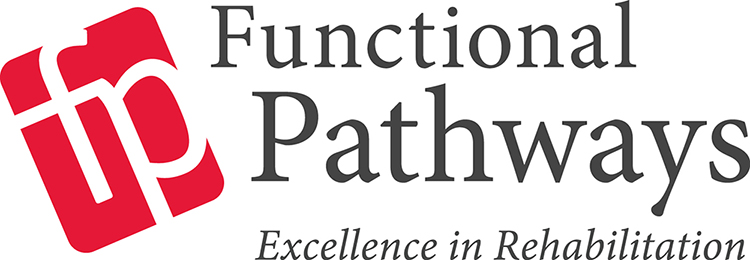Regardless of whether one is happy or not about the outcome, I think we can all agree that we are all glad the election is over. Now perhaps we can focus attention on important issues facing long term care that need the attention of Congress in the final weeks of 2013.
This week was met with release of the CY2013 Physician Fee Schedule Final Rule and the MedPAC Advisory Committee recommendations on Part B therapy services in skilled nursing facilities. Highlights of both releases include:
CY2013 Physician Fee Schedule Final Rule:
- Statutorily required 26.5% across-the-board reduction to Medicare payment rates for more than 1 million physicians and non-physician practitioners under the Balanced Budget Act of 1997’s Sustainable Growth Rate (SGR)
- Congress has overwritten the required reduction every year since 2003
- Allows non physician and limited-license practitioners to order portable ex-ray services
- Fact to Face Encounter Requirements for DME implementation is delayed
- E-prescribing—long term care exemption extended one year to November 1, 2014
- Therapy cap amount for 2013 is $1,900
- CMS will collect functional status information on January 1, 2013
- Requires non payable G-codes and modifiers on claims to implement this new statutory requirement
- Finalizing implementation date of January 1 with a 6-month testing period
- Claims that do not comply with data reporting requirements will be returned beginning July 1, 2013
- Reporting is limited to one functional limitation per discipline plan of care
- CMS is adopting a 7-point scale to report the severity of the beneficiaries functional impairment
- Requirement to report status and projected goal status at outset of therapy—every 10 treatment days—discharge
- Therapy plan of care must include goals consistent with those used on claims—including functional limitations
MedPAC Advisory Committee Recommendations:
- MedPAC Recommendations were requested by Congress to be released early this year and include the following:
- Increase MPPR to 50 % (currently 25%)
- Decrease caps—$1270
- Reduce payment rates
- Manual Medical Review for all cases hitting cap
- Recommendations to CMS to streamline this process
- 45 day certification period instead of 90 for outpatient therapy services
- Eliminate V-codes—use medical code and therapy diagnoses to be more specific
- Develop national guidelines for therapy
- Collect functional outcomes measures
- Focus reviews in high use geographic areas and for aberrant providers using the new Affordable Care Act authority given to the Secretary,
- Adjust co-sharing for beneficiaries
Other items pending congressional action by year end include:
- Bush Tax Cuts and the Alternative Minimum Tax cuts
- Expire 12-31-12
- $3500/person increase in taxes if not extended
- Physician Reimbursement
- 27% decrease
- Therapy Caps Extension
- Sequestration
- Budget Control Act failed to reach agreement
- 8.2% discretionary cuts
- 2% cuts Medicare
One other item of interest just released is the announcement of a settlement by CMS the Jimmo v Sebelius Civil Action Lawsuit. This lawsuit was filed by a group of patients who were denied therapy services based on the fact that they were no longer making progress and functional outcome gains from therapy services despite the fact that they had chronic diseases and continued therapy could have resulted in prevention of further decline in function and resultant complications. The settlement identifies that Skilled Nursing Facility, Home Health and Out Patient coverage of therapy services to perform a maintenance program does not turn on the presence or absence of a beneficiary’s potential for improvement from the therapy, but rather on the beneficiary’s need for skilled care. CMS has yet to comment substantively on this settlement and may not do so for some time. Newspaper articles report that an attorney for the Center for Medicare Advocacy estimated that U.S. District Chief Judge Christina Reiss isn’t likely to grant final approval of the settlement until January 2014, however, there is increasing interest in how this proposed settlement might be used now to help beneficiaries. Despite the fact that CMS agreed to the settlement, it does seem to have a certain discomfort with the potential for broad impact on Medicare cost and the ramifications of this remain to be seen.
So, if there is one certainty we live with in long term care, it would be that there is never a dull moment and that there will always be change and the need to react swiftly to change in many cases. I encourage my readers to be proactive in reaching out to their legislators to voice their thoughts about these issues and how their actions in the remaining weeks of 2013 will impact the care of the residents in our facilities.

Comments (0)